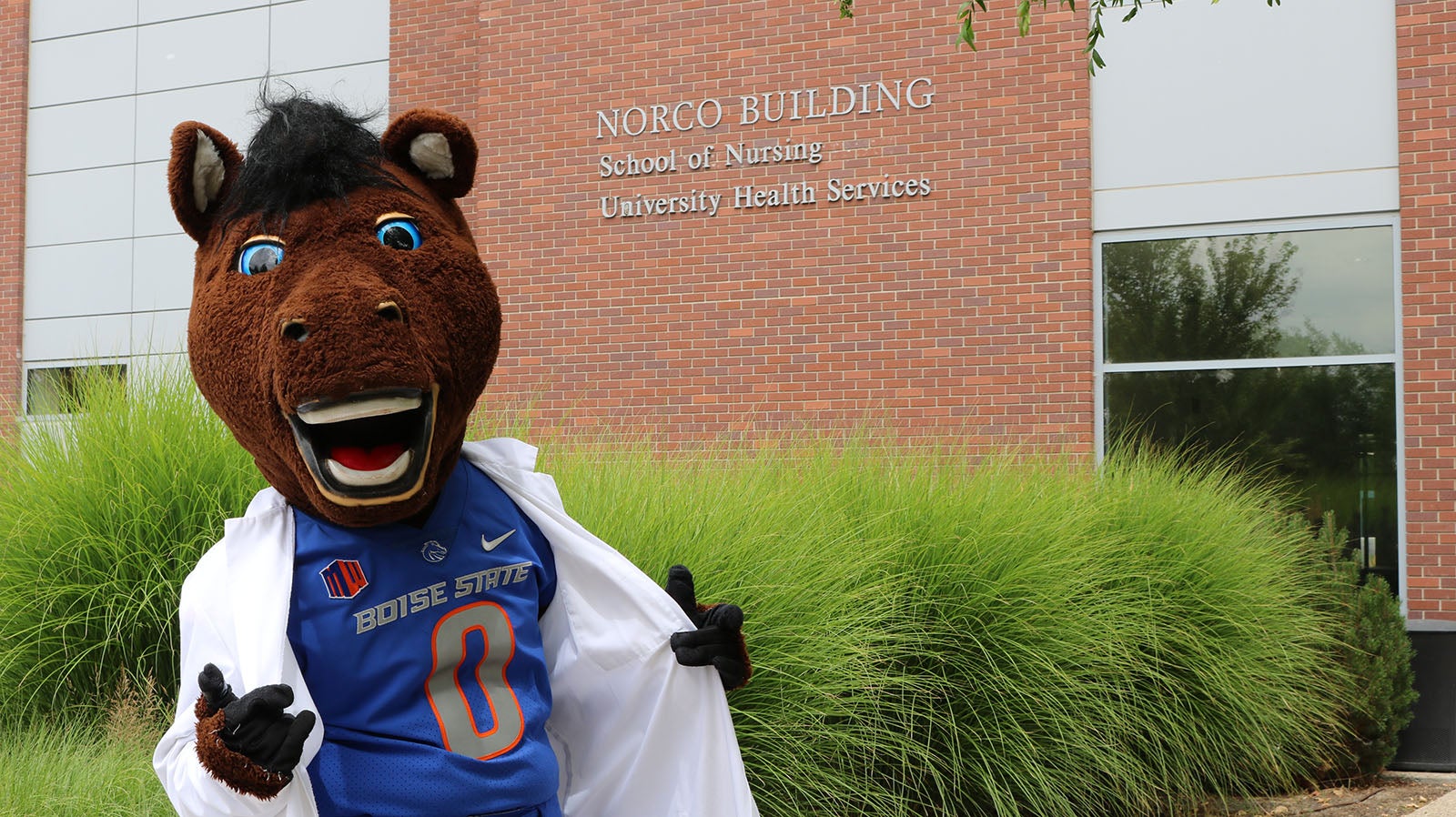In March, the Commission on Collegiate Nursing Education (CCNE) conducted an on-site re-accreditation review of the School of Nursing’s (SON) Bachelor of Science (BS) in nursing, Master of Nursing (MN), and Doctor of Nursing Practice (DNP). All of these programs were granted initial accreditation in 2015. A team of highly skilled nurse educators appointed by CCNE reviewed each program in detail.
The CCNE review team reported no citations or compliance concerns, and the BS, MN and DNP programs all have received re-accreditation through 2030.
“Having the School of Nursing achieve re-accreditation speaks to the hard work, dedication and expertise of our faculty and staff,” said Jayne Josephsen, associate divisional dean of the School of Nursing. “It is a significant milestone that will allow the school of nursing to continue to meet the nursing workforce needs of our state, through graduating nurses who will provide excellent patient centered care across healthcare settings.”

The programs were reviewed on four standards: mission and governance, institutional commitment and resources, curriculum and teaching-learning practices, and assessment and achievement of program outcomes.
While visiting the campus, the CCNE review team had an opportunity to interview school and university officials, faculty, students, alumni, and community representatives. The team observed classroom and clinical activities, and reviewed curriculum material including syllabi, sample assignments from students, and program requirements.
After their visit, reviewers reported that the mission, goals, and outcomes of SON programs are in line with national nursing education standards, and noted the example of assignments requiring students to connect these standards to professional practice roles. In addition, it was reported that SON effectively takes into account the needs of the communities their students serve when developing missions, goals, and outcomes. To this end, the review team noted assignments where students work as a team to examine public policy in healthcare.
The CCNE review team examined student and faculty involvement in program governance, as well, noting that student representatives serve on many program teams including the MSN, DNP, graduate and undergraduate curriculum, study abroad, and simulation center teams. For example, BS students were instrumental in the addition of national license exam-type questions and case studies into course assessment as methods to help prepare them for licensure exams.